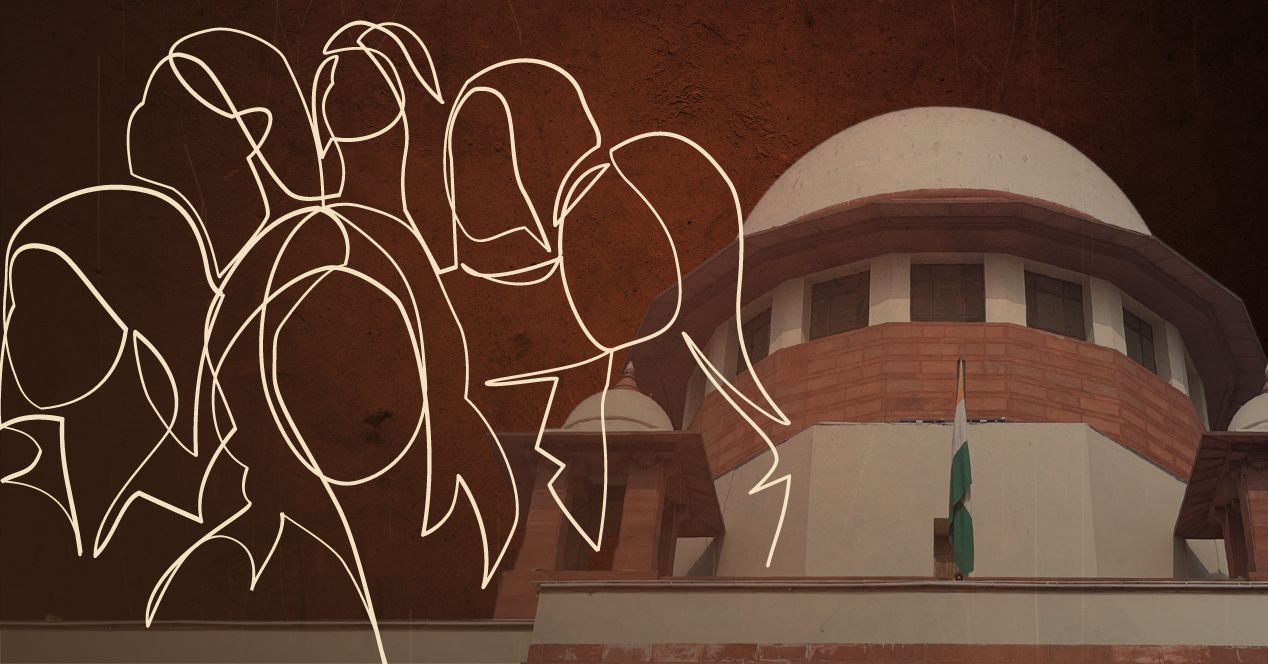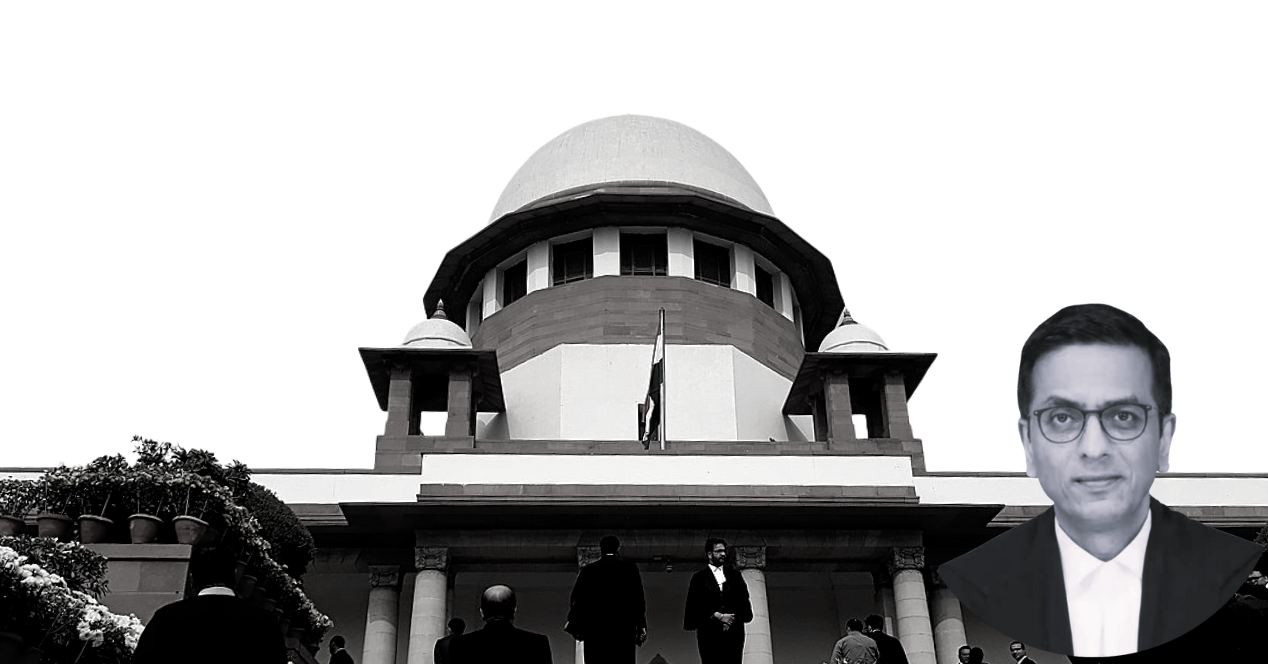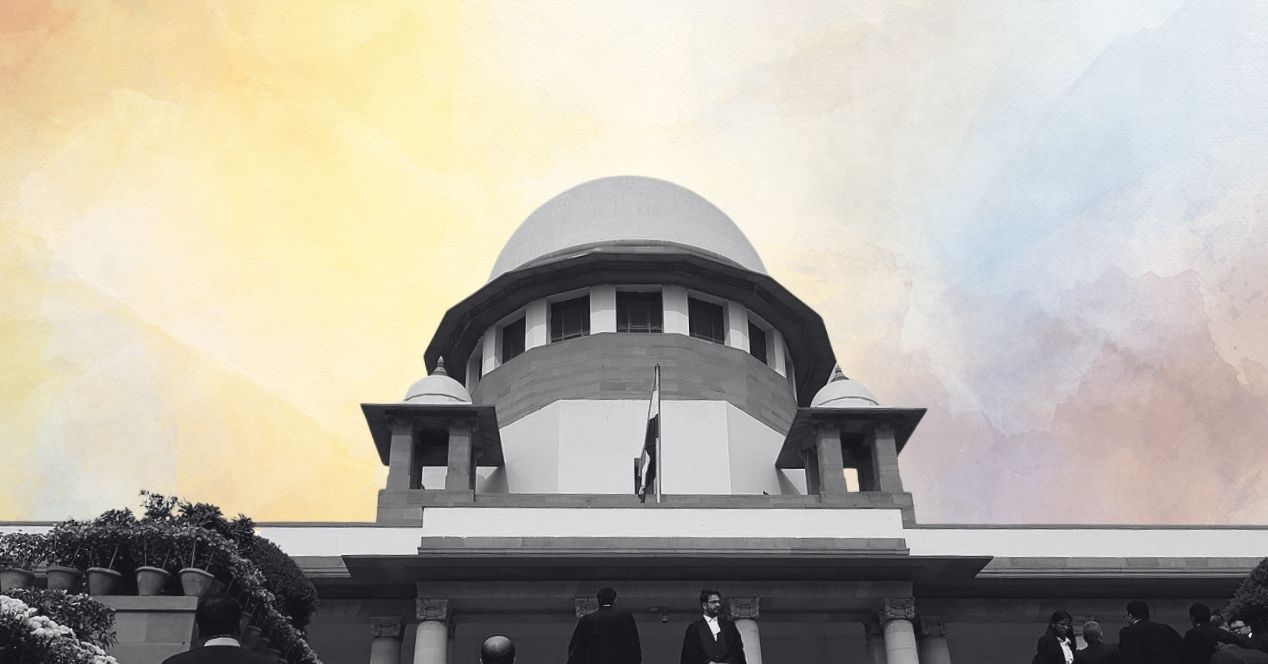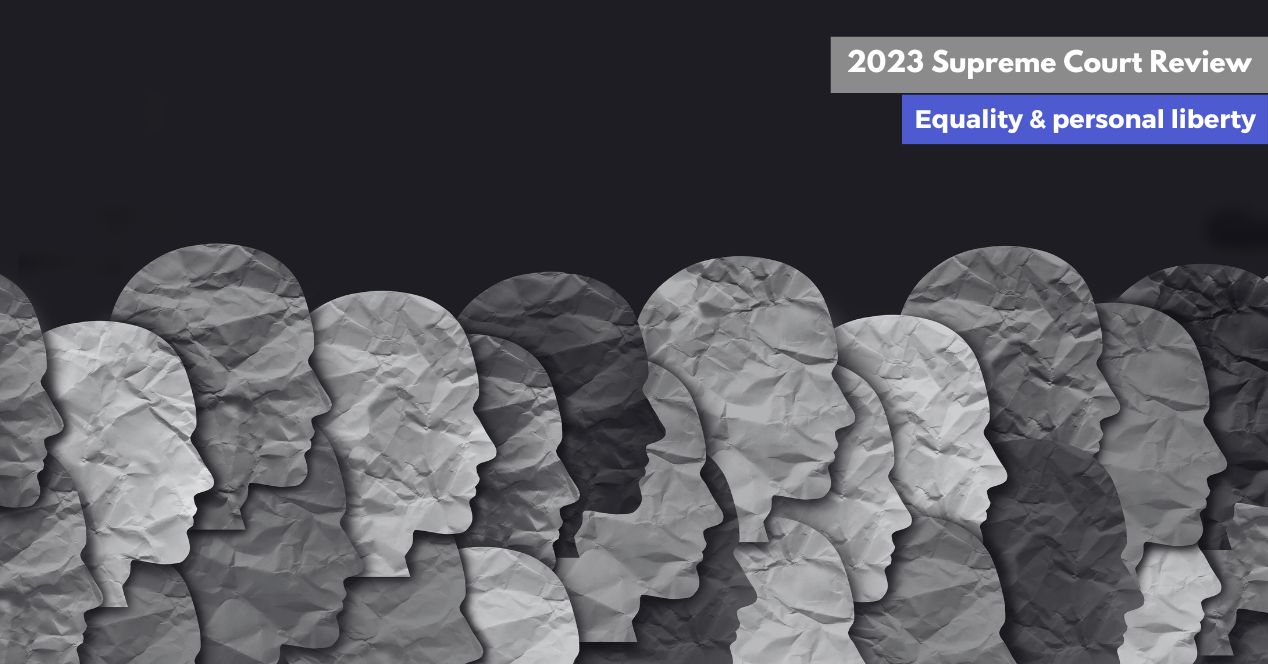Analysis
Top court overturns Calcutta HC judgement that advised adolescent girls to “control sexual urges”
In the suo motu case on adolescent privacy, the Court issued guidelines emphasising neutral judgments
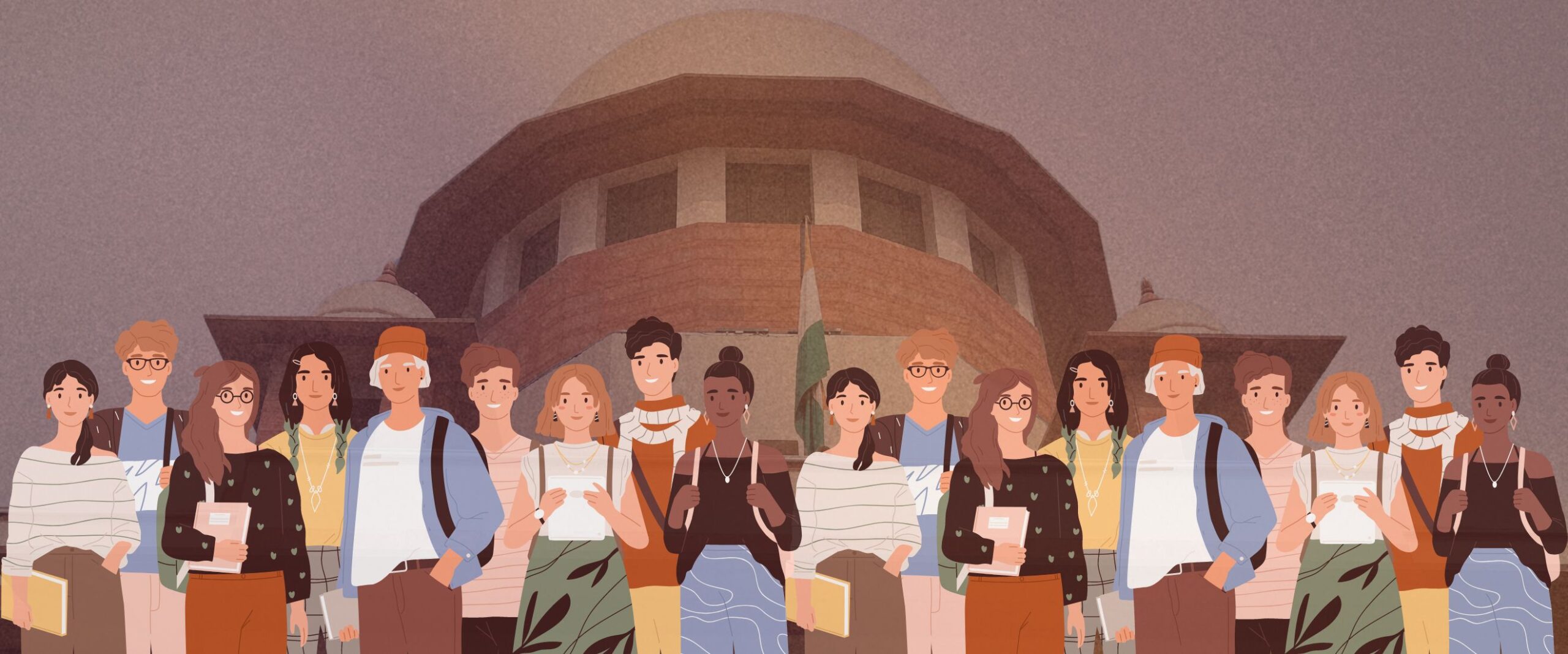
On 20 August 2024, a Division Bench of the Supreme Court comprising Justices Abhay S. Oka and Ujjal Bhuyan held that ‘consensual sex’ is not an exception under the Protection of Children from Sexual Offences Act, 2012 (POCSO).
The decision sets aside the Calcutta High Court’s judgement in Probhat Purkait @ Provat v State of West Bengal (2023). The High Court had acquitted a person previously found guilty of rape and kidnapping under the POCSO and the Indian Penal Code, 1860 (IPC).
In its judgement, the High Court had also made several comments criticising adolescent sexuality. Among other things, it observed that ‘female adolescents’ had a duty to control their ‘sexual urges’.
Previously, the top court had criticised the “objectionable” remarks and “sweeping observations” of the High Court. On Tuesday, it issued directions on how judgements must be written. The top court also formed a three-member committee to assist the victim in developing an “informed decision” during her rehabilitation. The bench also directed state governments to carefully implement particular provisions of the POCSO Act and the Juvenile Justice (Care and Protection of Children) Act, 2015 (JJ Act) dealing with care, protection and rehabilitation of child-victims.
Background of the case
In May 2018, a 14-year-old girl from rural West Bengal was reported missing by her mother. Eventually, it was found that the girl had married a 25-year-old man, who took her with the help of his sisters. The girl’s mother alleged that the man had kidnapped her daughter and subsequently filed a First Information Report (FIR) .
In September 2022, the District Court in Baruipur, West Bengal, convicted the man under Sections 363 (kidnapping), 366 (kidnapping with the intention to compel to marry), 376(3) (rape of minor girl below sixteen years of age), and 376(2)(n) (repeated rape of the same woman) of the IPC, and Section 6 (aggravated penetrative sexual assault of POCSO victim) of the POCSO Act. The accused was sentenced to twenty years in prison.
Four years later, in July 2023, a Division Bench of the Calcutta High Court began hearing an appeal against the conviction. During the proceedings, the girl submitted that her affair with the man was consensual and that she had eloped to marry him “out of her own volition.” She also informed the High Court that she was a single mother with a ten month old baby from her marriage with the accused and that she was living in “destitute” conditions with an ailing mother.
Consensual relationships are not a statutory exception under the POCSO Act. But the High Court overturned the conviction using its ‘inherent powers’ under Section 482 of the Criminal Procedure Code, 1970 (CrPC). This provision confers a High Court with inherent powers to secure the “ends of justice” and prevent the “abuse of process of any Court.”
The High Court also stated that the POCSO Act should be amended by the legislature to exclude consensual relationships from its ambit.
‘Victim-shaming’ and ‘stereotyping’
In its judgement, the High Court diverted into a long, controversial monologue on adolescent sexuality. It noted that cases of consensual sex among adolescents had increased because of “peer pressure, influence by social media, free availability of porn materials and free mixing with friends of opposite sex.” The judgement also stated that every female adolescent has a duty to:
(i) Protect her right to integrity of her body
(ii) Protect her dignity and self-worth
(iii) Thrive for overall development of her self-transcending gender barriers
(iv) Control sexual urges as in the eyes of the society, she is the loser when she gives in to enjoy the sexual pleasure of hardly two minutes
(v) Protect her right to autonomy of her body and her privacy
The Supreme Court’s intervention
On 7 December 2023, the top Court took suo motu cognisance of the High Court’s judgement and admitted the State of West Bengal as a party to the case a month later. Initially it planned to restrict itself to the extraneous comments by the High Court. Eventually however, it concluded that the legal basis of the High Court’s judgement was also questionable and heard the case on merits.
On 2 May 2024, a bench of Justices Oka and Bhuyan noted that a general trend had emerged among High Courts: making statements that amounted to “victim-shaming” and “stereotyping” of victims. It further noted that the rights of women should not be contingent upon the performance of duties.
“We have restored the conviction”
On Tuesday, 20 August 2024, the Court set aside the High Court’s decision and restored the District Court’s conviction. During the hearings, the bench had found issues with the High Court’s reliance on Section 482 of the CrPC to do something that was not statutorily imagined.
Senior Advocate Huzefa Ahmadi for the State of West Bengal had contended that the power under Section 482 could not be used since no petition had been filed under that provision. Further, he had cautioned that powers under Section 482 may be misused “against convictions” weakening “statutory powers and appeals.”
The Court’s Order noted that Section 482 can be used to quash convictions only if there is a ‘settlement’ or ‘by consent.’ However, in case of serious offences such as rape or offences involving moral turpitude or cases concerning special statutes, the settlement between the victim and offender has “no legal sanction.”
It further explained that since penetrative intercourse with a minor is an offence under both the IPC and the POCSO Act, it was irrelevant whether there was a “romantic relationship.” Referring to the High Court’s decision, it stated, “The courts cannot commit violence against the law.”
An Expert committee to ensure ‘informed view’ of the victim is considered
During the hearings, Ahmadi had submitted that the High Court had not considered whether the victim’s view was an ‘informed’ one. Senior Advocate Madhavi Divan, the Court appointed amicus curiae in the case, had suggested that the victim be given safe shelter and financial support for a temporary period so that she could make autonomous decisions. Justice Oka had added that during this period, she may interact with social counsellors from Tata Institute of Social Sciences (TISS).
Legitimising these views, the Court directed the creation of a three-member expert committee. The committee will comprise experts from TISS and the National Institute of Mental Health and Neurosciences so that the victim can form an informed view.
The Court also noted that if the victim agrees to stay under state support, the government must provide her with residence and financial support. Further, they directed that NGOs assist the victim in preparing a “life-cum-work plan” for her future.
The Court’s Order directs the expert committee to be formed in three weeks. One week after that, the West Bengal government must give “material particulars” of the benefits it will be extending to the victim. The coordinator of the committee has been directed to submit a sealed cover report detailing the committee’s recommendations by 18 October 2024. Based on this report, the Court will decide the sentencing for the accused on 21 October 2024.
States must implement POSCO and JJ Act provisions on care and rehabilitation
The top court directed state governments to adopt a more effective implementation of Section 19 (6) of POCSO Act. This provision mandates the Police to report offences to the Child Welfare Commission (CWC) within 24 hours.
The Court noted that Section 19(6) is not an “empty formality” and the CWC should “immediately step in and take action.” Further, it pressed for stronger implementation of Sections 30 to 43 of the JJ Act which pertain to procedures for care, protection, rehabilitation and social integration of victims.
The Order also directs Secretaries of Law and Justice Departments of all states and Union Territories to convene discussions on proper implementation of the POCSO and JJ Act provisions.
Judgements cannot have personal opinions
The top court took the opportunity to frame guidelines on how judgements must be written. The Court’s Order states that a judgement deciding an appeal against conviction should contain:
(i) a concise statement of the facts of the case,
(ii) the nature of the evidence adduced by the prosecution and the defence, if any,
(iii) the submissions made by the parties,
(iv) the analysis based on the reappreciation of evidence, and
(v) the reasons for either confirming the guilt of the accused or for acquitting the accused.
The objective to be kept in mind, the top court held, was to use “simple language” so that the victim and accused can understand the decision clearly. The Order further notes that judgements should not express the judge’s “personal opinions on various subjects”, something it claims the High Court’s judgement does by giving advice to younger generations and the legislature.
Read the full Order here.

